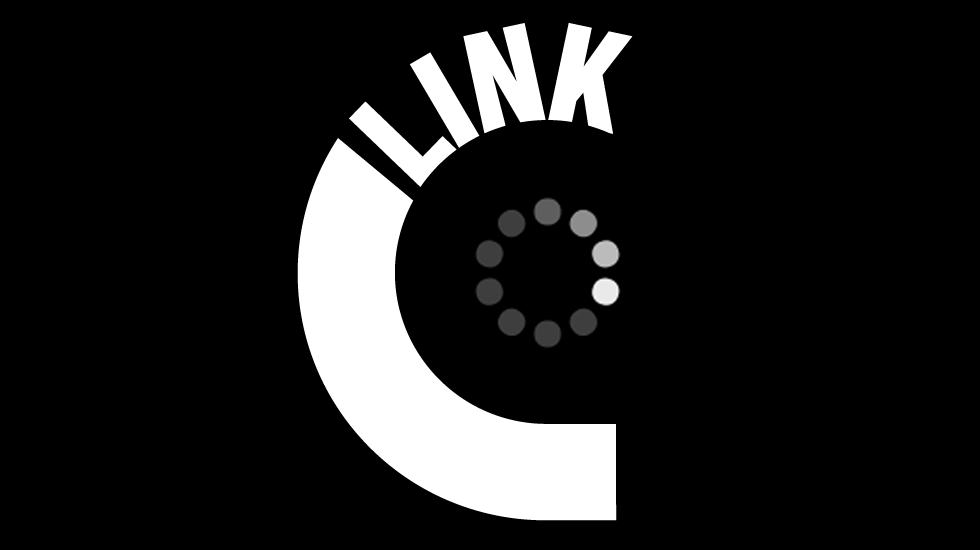
In My Computer 2014: And the Winner Is…
In My Computer 2014: And the Winner Is…
The Link Center for the Arts of the Information Age is proud to announce the winners of the “In My Computer” Call for Proposals, that invited artists, thinkers, and computer users to submit proposals for its ongoing book series “In My Computer”, published by Link Editions.
The applications have been evaluated by the Link Editions editorial team, that decided to award the right to be published in the series along 2014 to the following projects: “Technological Selection of Fate” by Addie Wagenknecht; “If Art Will Disappear Tomorrow What Stories Will We Tell Our Kids? (@looongstrshrt)”, by Roberto Fassone and Giovanna Manzotti; and “How to play Eddo Stern” by Eddo Stern.
From 2000 to 2009, US born, Austria based artist Addie Wagenknecht used her livejournal account as a “private space” where to share her relationships failures to her “online only” friends. This group of people knew more about her life then even the person she was dating. In hindsight, these hundreds to thousands of private group based entries were an archive of her mistakes, permanently cached in servers for the rest of history. “Technological Selection of Fate” will archive these hidden records, unedited.
With “If Art Will Disappear Tomorrow What Stories Will We Tell Our Kids? (@looongstrshrt)”, Italian artist Roberto Fassone and curator Giovanna Manzotti aim to create an archive of tweet-structured texts able to describe contemporary artworks. The project tries to synthesize the shapeless mass of images of and informations on contemporary artworks stored in their computers and on the web into a simple, functional and orderly structured system, in which the complexity of the art world is partially summarized into the conciseness of one tweet. The project will be first developed as a Twitter based performance, and later converted into a book collecting about 500 tweets: a collection of modern fairy tales or a gathering of anecdotes from an imaginary world in which everything has been destroyed.
Since the early 2000s, Israel born, US based artist Eddo Stern devoted most of his efforts to the development or radical independent games, from the early “Waco Resurrection” (2003) to the recent “Goldstation” (2012). “How to play Eddo Stern” will be an an anthology of six game-manuals for these projects, which would function both as a practical, if a bit unorthodox, player manual, as well as a visual and textual window into the collection of deconstructed game artifacts that accumulated along the years on the artist’s computers: 3D models, texture maps and atlases, backdrops, animation frame sequences, code snippets, circuit diagrams, etc.
“In My Computer” is a series of books collecting unpublished material available in your computer, produced by Link Editions and available for free download in digital form and in printed form through the print-on-demand (POD) service Lulu.com, Amazon.com and other online stores. The book can take any shape compatible with POD’s production and distribution standards. The concept wants to give value to the contents stored on our computer, a personal archive that is, from time to time, a den for our researches, a private diary, a place of accumulation and storage of digital contents. Since the distinction between public and private, online and offline is becoming increasingly blurred, the series is open to contents circulated online in any form. In this perspective, the book is an extraordinary tool for the rematerialization of the ephemeral, for archiving the impermanent, and for ordering the digital chaos we are living in.
Link Editions is a publishing initiative of the Link Center for the Arts of the Information Age. Link Editions uses the print on demand approach to create an accessible, dynamic series of essays and pamphlets, but also catalogues and artist books. A keen advocate of the idea that information wants to be free, Link Editions releases its contents free of charge in .pdf format, and on paper at a price accessible to all. Link Editions is a not-for-profit initiative and all its contents are circulated under an Attribution-NonCommercial-ShareAlike 3.0 Unported (CC BY-NC-SA 3.0) license.

